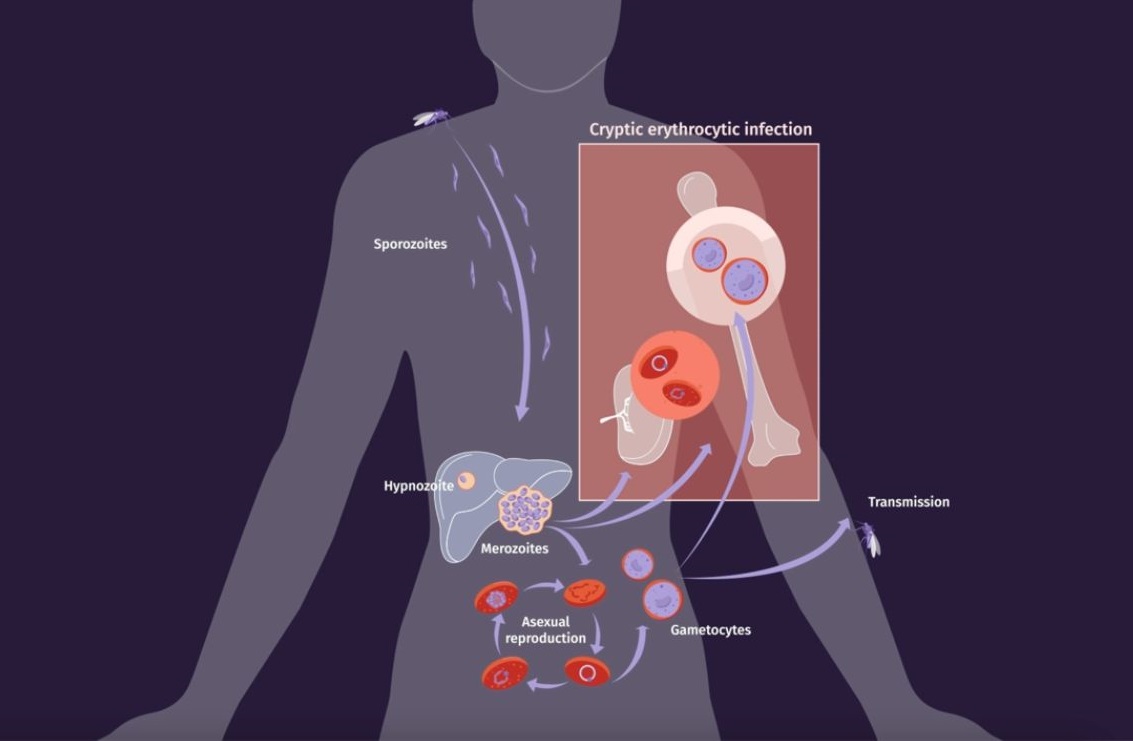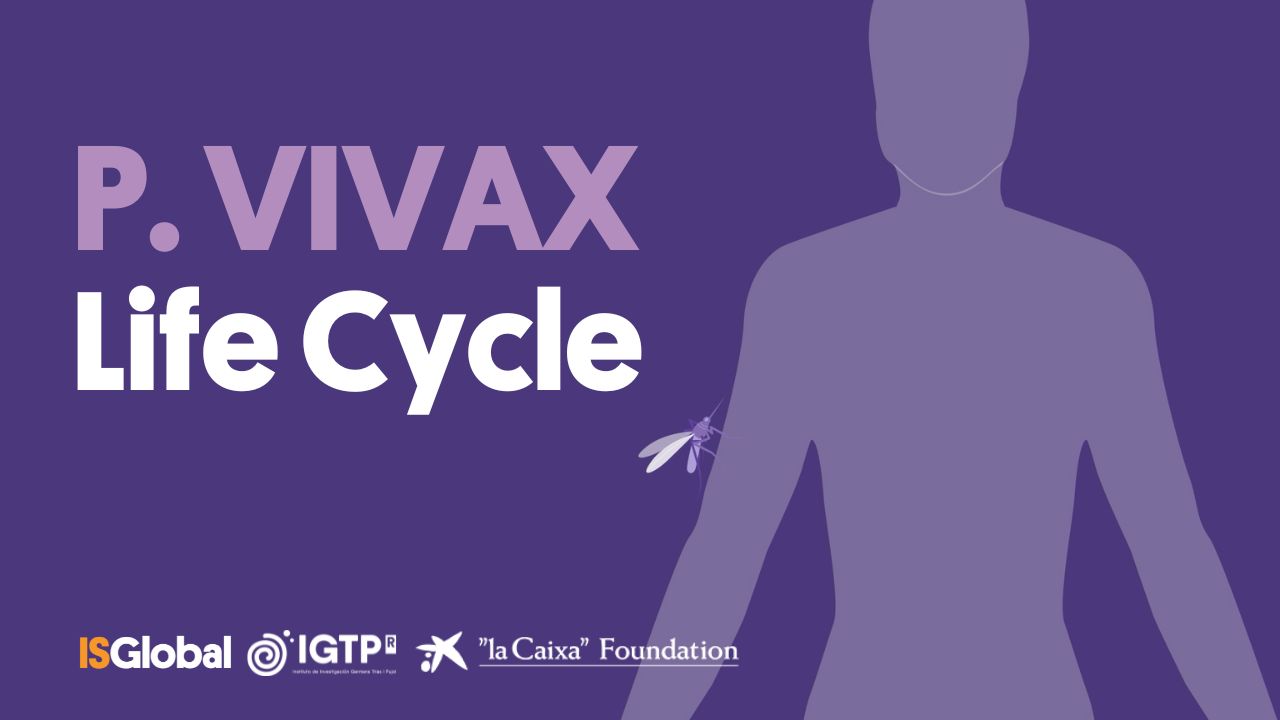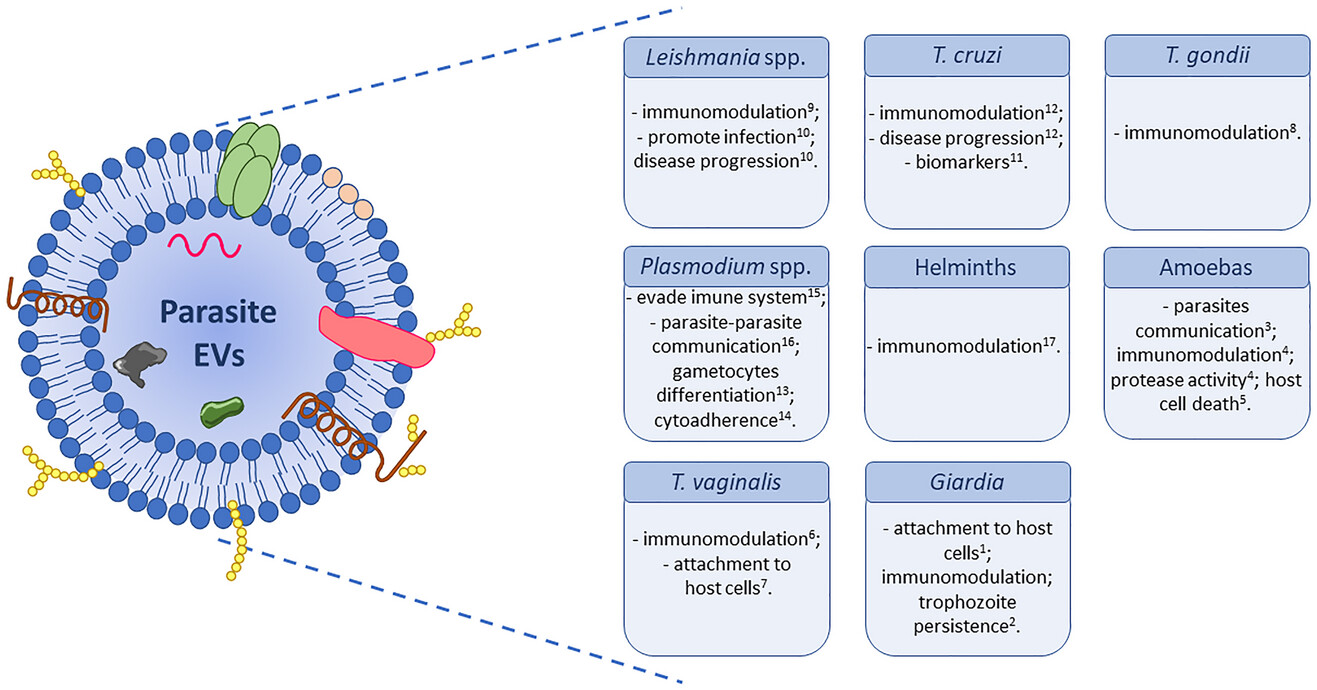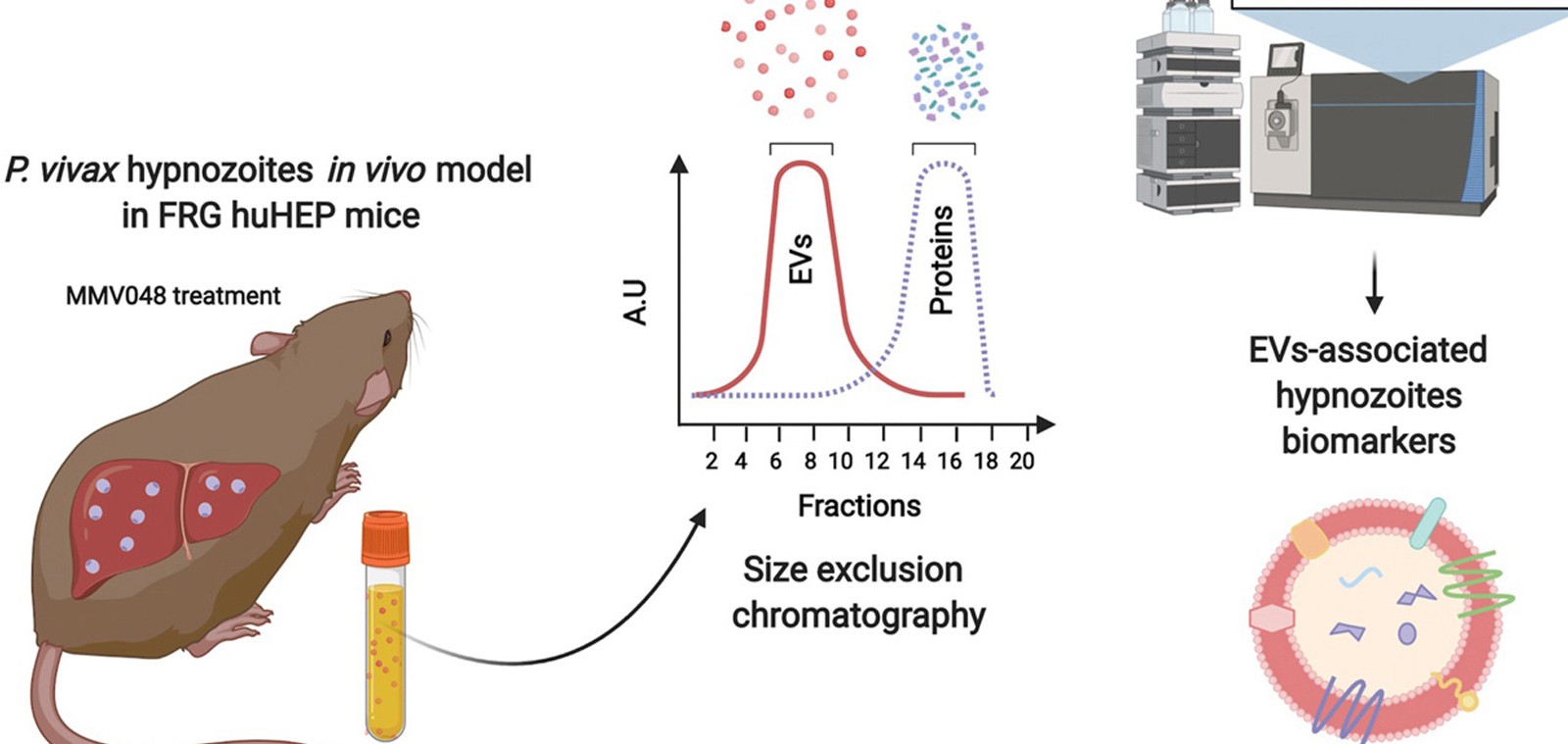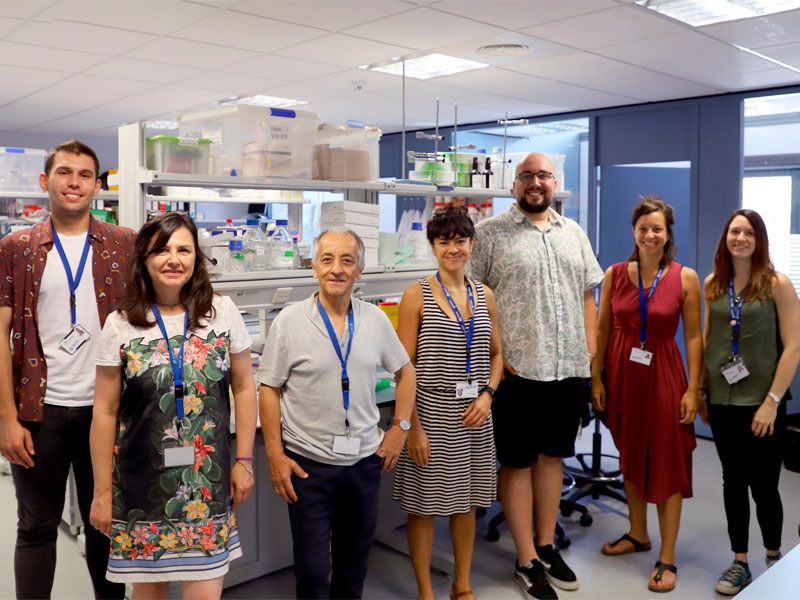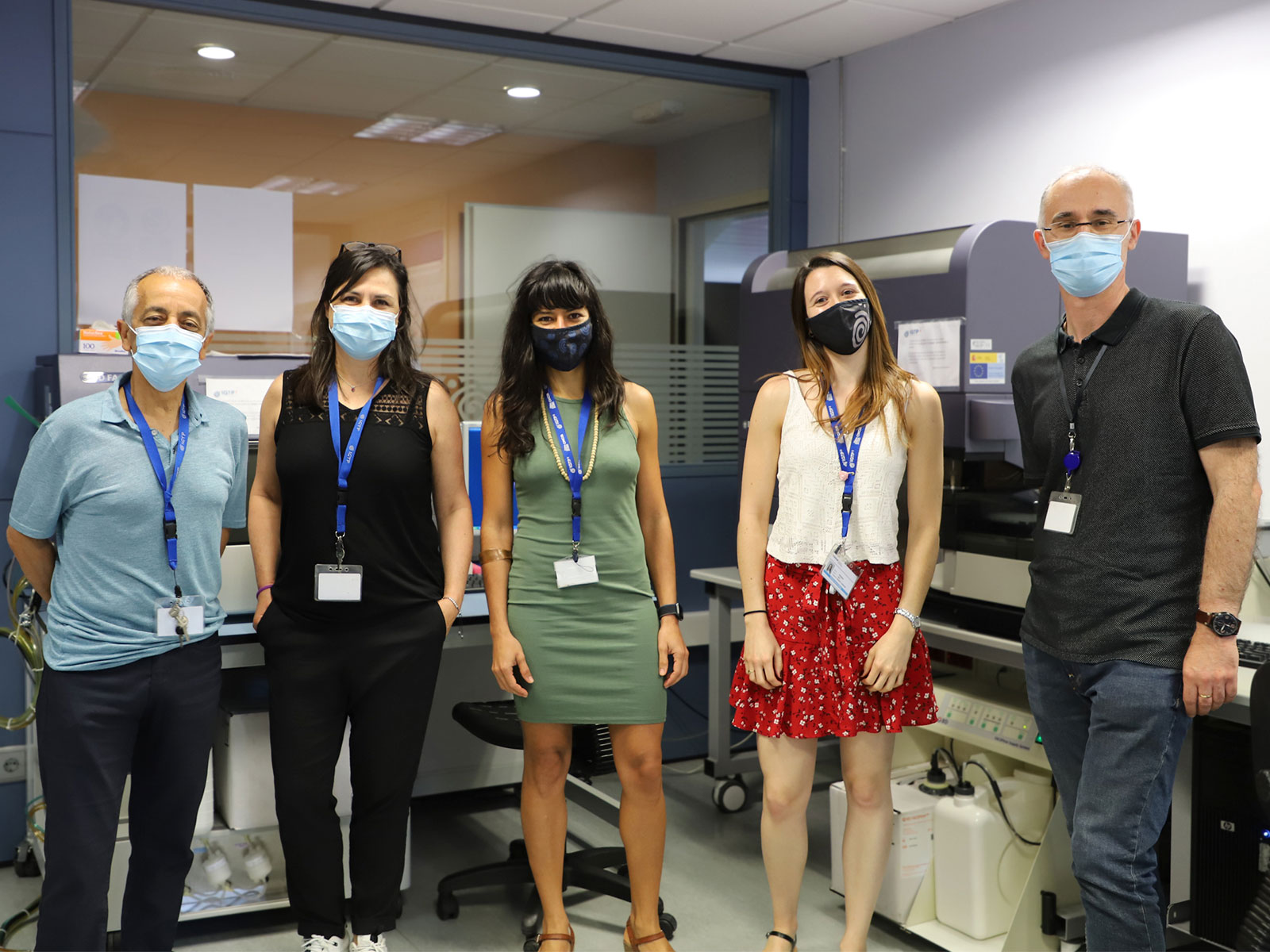Micropores pave the way for infection research
A new study provides a powerful way to study infections in environments that closely mimic human organs. The strategy, tested in a bone-marrow-on-chip model, was developed by researchers from ISGlobal, IGTP, I3S at Porto University, and IN2UB, as part of the HIDDENVIVAX project, funded by "la Caixa" Foundation.
_1763369329.JPG)




